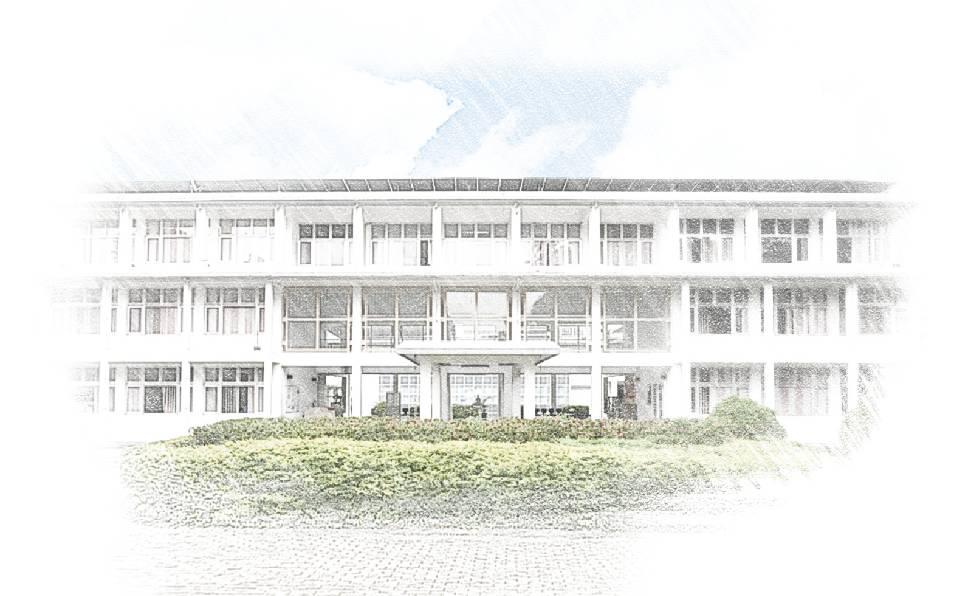Design & develop curricular for general education which includes primary, secondary and post-secondary education.
Sri Lanka National Institute of Education (NIE) is the apex body that is instrumental in propagating the seed of learning in the country. The Institute is delegated with the critical task of developing the curricula for the national general education which includes primary, secondary and post-secondary. The Institute is also mandated to provide quality teacher education and professional development of personnel engaged in the educational sector. Through scientific study, NIE facilitates informed decision-making and policy changes that bring reform to national education, yielding results in a transformed generation. The Institute is committed to creating a future workforce that is multi-faceted in skills, integrated with modern technology, collaborative, and espousing values and ethics of good citizenship. In keeping with the requirements of the 21st century and global trends, the national curriculum for general education is based on being student-centric and learning-centric.
Through its entire institutional capacity-building activity, NIE sows the seed of knowledge and nurtures its growth into a tree of knowledge.
Established in 1986 in pursuance of the Act of Parliament No. 28 of 1985, the National Institute of Education (NIE) is entrusted with the responsibility of advising the Minister of Education on planning, programming and other activities relating to the development of general education in Sri Lanka. Through the powers and responsibilities vested with the Institute by the aforesaid Act, the NIE has superseded and expanded the activities undertaken by the Curriculum Development Centre established in 1961. At present NIE functions as the professional and academic arm of the MoE. Thus, the NIE bears very significant responsibility for the development of the system of general education in the country and in this effort, it liaises with the MoE, the NEC and the DoE.
Established – 1986 by Act of Parliament No 28 of 1985

To be the centre of excellence in general education and to develop high-quality human capital that is ready (equipped) to face the challenges of the 21st century and beyond

Develop human capital and leaders in education through curriculum development, pedagogical intervention and assessment for an improved school system for the 21st century and the 4th industrial revolution


Values – values of NIE have been structured to bring out the best and achieve the best for the country’s education system. The values of NIE stem from Nation-building and National Development, an Innovative approach, and being Entrepreneurial.
The values that guide NIE pivot around the student; the future citizen of the country and the need to establish meaningful learning that empowers and enables them to face the challenges of tomorrow. The institute also upholds the value of diversity, and the richness it brings to any community in culture, heritage, language, abilities and talents of individuals and communities within the country and globally. Stemming from the core values the learning strategies, tools and techniques developed for the implementation of national curricula are formulated based on cognitive scientific findings and best practices from around the globe. Feedback, recommendations, insights, and findings from practitioners and academics of education are sought and welcomed to refine the current practices to better fit the evolving educational landscape of tomorrow.